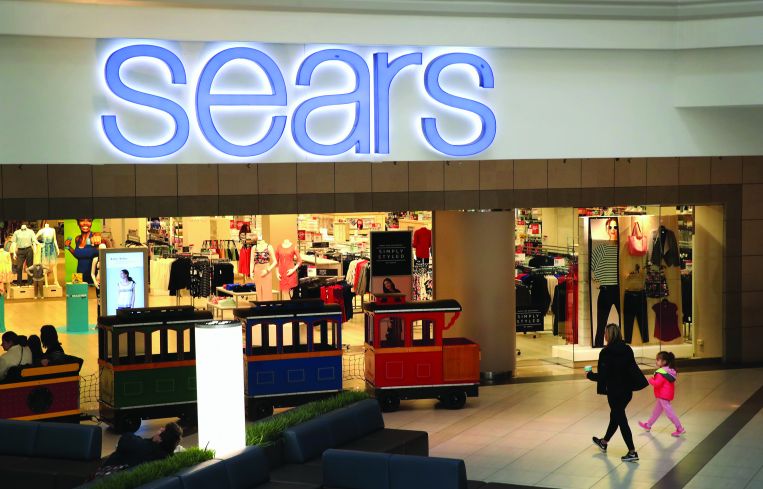Israeli Bondholders to Hire Legal Firm in Standoff With Starwood
By Chava Gourarie July 11, 2019 1:41 pm
reprints
Bondholders in Israel have voted to hire a legal team to represent their interest against Starwood Capital, whose Tel Aviv bond is trading at roughly forty cents on the dollar, Commercial Observer has learned.
The decision was nearly unanimous among the bondholders who participated in the vote, who together own 53 percent of the outstanding shares. Of the participants, 96 percent voted in favor of appointing legal representation and 95 percent voted in favor of appointing an economic consultant, according to documents filed on the Tel Aviv Stock Exchange.
The purpose of the move is to negotiate a restructuring of the bond repayment and explore possibilities, said several sources with knowledge of the proceedings. The bondholders agreed to cover the costs of the hires after Starwood declined to do so, according to two sources with knowledge of the proceedings.
Starwood’s bond, issued by a subsidiary of Starwood Retail Partners, is backed by a portfolio of seven regional malls in the United States. It has been trading at half its initial value for months, with a current market value of $104 million, down from $256 million at its debut in March 2018 (at today’s exchange rate).
Starwood is also facing a separate class-action suit from bondholders, who have alleged that the company was not completely transparent in their prospectus, or in regard to a CMBS loan they took on after the bond offering in June 2018.
In its prospectus, Starwood projected a growth in the net operating income (NOI) of each of the seven malls, which are located in secondary and tertiary markets, such as Cleveland, Ohio, and West Covina, Calif. However, in the time since, the malls have all posted decreasing NOI, ranging from minus one to minus 12 percent between year-end 2017 and year-end 2018, and the portfolio’s $1.7 billion valuation has been trimmed by $132 million. (One mall posted four percent NOI growth between 2016 and 2018.)
The first principal payment on the bond isn’t due until February 2021, but with the mall sector in the United States hemorrhaging, the bondholders want to explore their options before things go any further south, said one institutional investor. A key issue that concerns the bondholders is a provision in a CMBS deal that could put their position in jeopardy, according to another investor who voted in favor of hiring the legal team. Starwood refinanced five of the seven malls in May 2018, and under the terms of that deal, several trigger events would cause the cash flow from the assets to be held in a lockbox under the lender’s control, potentially jeopardizing the bondholders who are higher in the capital stack.
Starwood did not immediately respond to request for comment.



